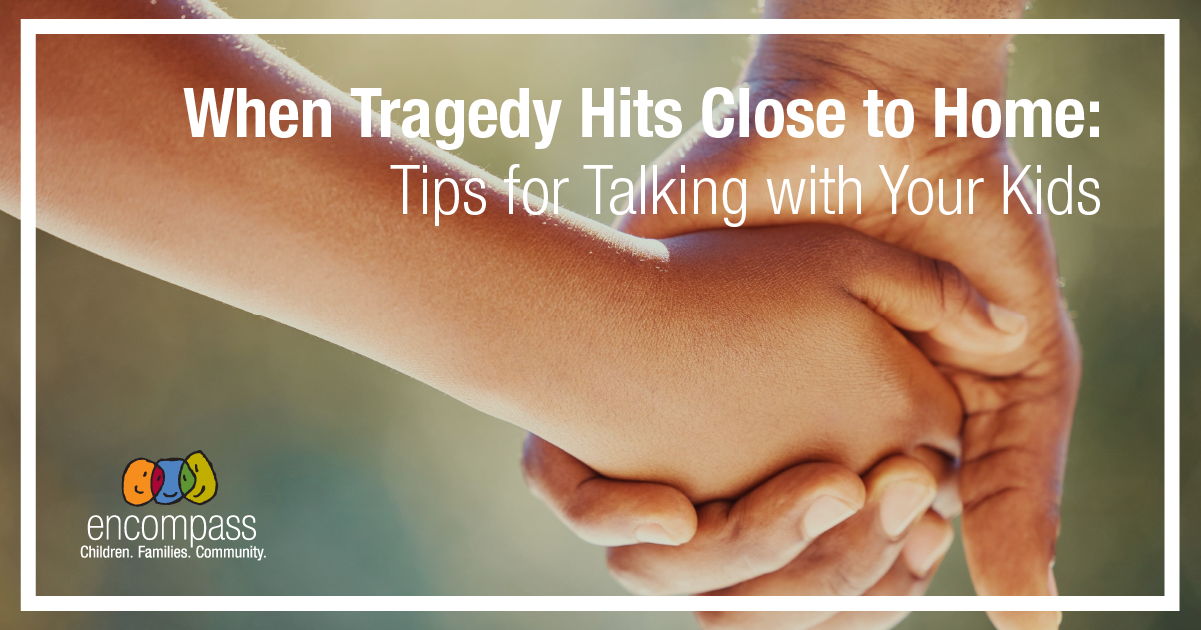Emotional Intelligence: The Foundation of Your Child’s Success
Emotional Intelligence: The Foundation of Your Child’s Success
By Christina Lorella
As parents and caretakers, we know that effective education stems far beyond academic curriculum. Even when provided access to the most prestigious of schools and resources, students first need to be equipped with the social and emotional tools necessary to navigate the world around them.
These tools come in the form of “emotional intelligence,” or the ability to identify and process emotions appropriately.
 According to a synthesis of research conducted by the National Scientific Council on the Developing Child (2007), a person’s “emotional well-being and social competence provide a strong foundation for brain development and emerging cognitive abilities, including the ability to link meaning to words, concentrate, pay attention, and engage in meaningful social interaction.” (National Association for the Education of Young Children, 2015*).
According to a synthesis of research conducted by the National Scientific Council on the Developing Child (2007), a person’s “emotional well-being and social competence provide a strong foundation for brain development and emerging cognitive abilities, including the ability to link meaning to words, concentrate, pay attention, and engage in meaningful social interaction.” (National Association for the Education of Young Children, 2015*).
The ability to thrive emotionally influences every area of development, “including academic, social, physical health, and the immune system.” (NAEYC, 2015). Being able to effectively circumnavigate these skills directly relates to not just childhood behaviors and accomplishments, but also to a person’s future success in personal situations and in the workplace.
So, what exactly does emotional intelligence entail? I found myself asking that same question at a recent parenting seminar at my child’s school. A social-emotional advocate from a local school district, Randi Peterson, walked us through a day in the lives of our children; something I had never taken the time to do.
The result was overwhelming.
She challenged us to imagine every step of our child’s day; the possible emotions that our child may be feeling in each moment, and how those feelings affected their ability to perform academically. For example, Petersen asked us to consider our child’s morning routine:
Is your son or daughter a morning person or do they prefer to sleep in? Is the morning schedule calm and relaxed, or is it hectic and chaotic? How does that make your child feel?
They arrive at school. Are they feeling stressed from the morning rush or are they ready to go? What is their first subject in class? Is it something they thrive in or do they feel anxious or embarrassed? How does that affect their ability to concentrate and learn?
Now it is lunchtime. Does your child know who they will sit with? Do they feel excited or scared? What about recess? Do they know who they will play with? Do they like unstructured play time or  does it make your child uncomfortable? How does that affect their ability to do well socially and academically?
does it make your child uncomfortable? How does that affect their ability to do well socially and academically?
We walked through every step of our child’s day, and by the end, the vast range of emotions felt and the potential effects of those feelings were shocking. Now imagine trying to live a day in the shoes of a young child who experiences hundreds of emotions each day, but may not know how to recognize them let alone deal with them in a healthy way.
Emotional intelligence is the idea of providing our children with the ability to identify the way they are feeling and to process those feelings in a healthy, positive way. As a part of teaching emotional intelligence, it is vital to not only help children learn about the emotions they are feeling, but to also provide enough empathy to ensure the child that it is okay to feel the way they do. Validating a wide-range of feelings at a young age can go a long way in a person’s development.
“Giving children a rich vocabulary around emotions teaches them the words they need to express themselves. Just like we teach young children to label objects like “ball” or “cup,” we need to do the same with feelings and emotions,” said Kerry Beymer, Childhood Development Educator Manager at Encompass.
“Having children be able to label and understand their feelings can minimize tantrums and negative attention-seeking, but empathy on our part is an essential ingredient to that deescalation process.”
Teaching these skills can begin at a very young age. There are many resources available that help teach children to label emotions and to learn identifying words that will help them in their ability to communicate what they are feeling. One approach being used in many school districts is called, “STEP,” by Committee for Children. In this process, children are taught to:
S: Say the problem (without blaming)
T: Think of potential solutions
E: Explore Consequences (what could happen if…)
P: Pick the best solution
While the practice of this approach may seem redundant at times, it will set up a consistent routine for your child and will provide them with the tools they need to process emotions and situations. Another benefit is that, by allowing your child to think of possible solutions and to explore potential consequences, this process of self-regulation will teach the child accountability for their actions.
Social and emotional well-being is the foundation to healthy brain development and, as our child’s first teachers, it is pertinent that we help develop these skills at an early age. Teaching emotional intelligence will provide an invaluable asset in your child’s ability to thrive not only in the present, but also in the future.
To learn more about emotional intelligence, please consider attending our free childhood development workshops at Virginia Mason’s Issaquah clinic. Our childhood development experts present on a wide variety of interchangeable topics, including issues such as emotion coaching, setting healthy screen-time limits, and positive discipline techniques. For more information, please contact Kerry Beymer at kerry.beymer@encompassnw.org or visit our website.
Other great “emotional intelligence” resources:
Click here to download a “mood meter” to place on your refrigerator. Whenever your child is expressing high levels of emotion, encourage them to use the meter to describe their emotional state and how it is affecting their physical well-being as well.
Read a copy of “The Feelings Book” by Todd Parr (or other similar books) with your child. Teach him or her the words they need to identify emotions (and that it is okay to express those feelings).
*Encompass proudly is one of very few NAEYC-accredited preschools in the state of Washington.















Leave a Reply